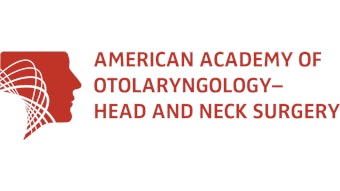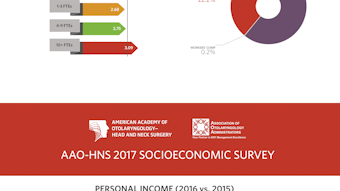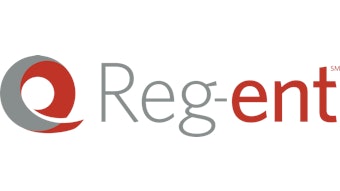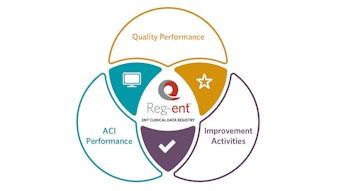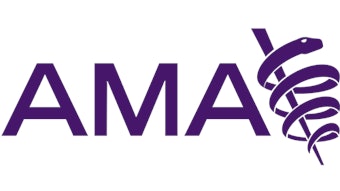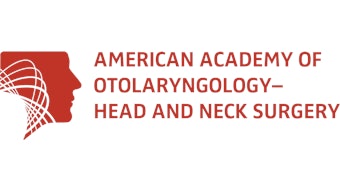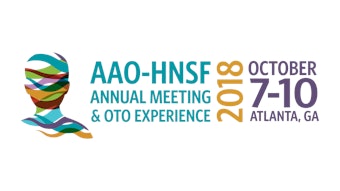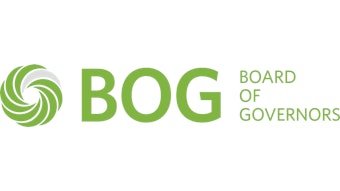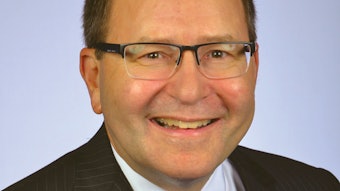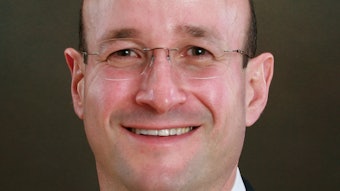SRF Report on AMA RFS Meeting
Each year, the largest (and arguably most diverse) physician’s group in the nation converges in Chicago, IL, on the first weekend of June to discuss the state and direction of U.S. healthcare. Education and debate leads to an eventual group consensus on a large number of resolutions, which go on to become AMA policy and are later used to help better serve the nation’s physicians and their patients.
Lauren Umstattd, MD
AAO-HNS AMA RFS Delegate
Department of Otolaryngology—Head & Neck Surgery
University of Missouri
umstattdla@health.missouri.edu
Each year, the largest (and arguably most diverse) physician’s group in the nation converges in Chicago, IL, on the first weekend of June to discuss the state and direction of U.S. healthcare. Education and debate leads to an eventual group consensus on a large number of resolutions, which go on to become AMA policy and are later used to help better serve the nation’s physicians and their patients.
I attended this year’s AMA annual meeting of its House of Delegates as your AAO-HNS Resident Delegate to the AMA Residents and Fellows Section (RFS). The meeting was fun, informative, and policy-directed. The resident portion of the meeting began with a talk given by Maya A. Babu, MD, MBA, a neurosurgery resident at Mayo Clinic and member of AMA Board of Trustees. She described ways to approach local legislators and educate them on the value of resident physicians within the local community. Her advice: “Instead of asking them for favors or handouts, you’re asking them for an investment in your state’s economic future.” She challenged listeners to tackle grassroots policymaking with an alternative mindset.
Dr. Babu was followed by Daniel Dawes, JD, an attorney at the Morehouse School of Medicine, who delved into the legislative and real-life differences that he expects to see as we transition from the Affordable Care Act (ACA) to the American Health Care Act (AHCA) or similar repeal proposals. He highlighted the anticipated transition to decreased government regulation, increased market-based drive, removal of essential health benefits, elimination of Medicaid expansion, and replacement of subsidies with refundable tax credits. He offered considerations for both practicing physicians and patients as insurance plans and repayment models begin to change.
Andrew W. Gurman, MD, AMA president, later spoke about individual advocacy. “Lobbying is a learned skill. It is done by establishing relationships and becoming a trusted source,” he said. He described physicians as “economic engines” for their communities, creating sustainable jobs and promoting community spending. He finished with a succinct explanation of the Merit-based Incentive Payment System (MIPS) and the Medicare Access and CHIP Reauthorization Act (MACRA) and its implications for young physicians and residents.
Following the opening talks, RFS members drafted and voted on a number of resolutions they deemed important for themselves, their specialties, and their patients. Among this year’s list of resolutions, we spent time discussing the RFS’s policy on universal healthcare, physician obligations during in-flight emergencies, medical treatment of transgender prisoners, and background checks for firearm purchases, among others. No one area seemed overly contentious this year, and there was wide representation from coast to coast, numerous specialties, and of various political ideologies. After (and between) meetings, we had the opportunity to get to know one another and explore the great city of Chicago.
Following the conclusion of the resident meeting, the House of Delegates meeting commenced with hundreds of physicians from various regions, specialties, and backgrounds, including the AAO-HNS Delegation. There were close to 200 resolutions and reports that were formally submitted for consideration. Topics ranged from transparency in drug pricing to concurrent and overlapping surgeries to medical liability and tort reform.
Got your advocacy wheels turning now? There are a number of ways to get involved. Learn more about the Academy’s political action committee, ENT PAC, join the ENT Advocacy Network, or sign up to receive the AAO monthly and familiarize yourself with local and state issues that may impact your future practice.
